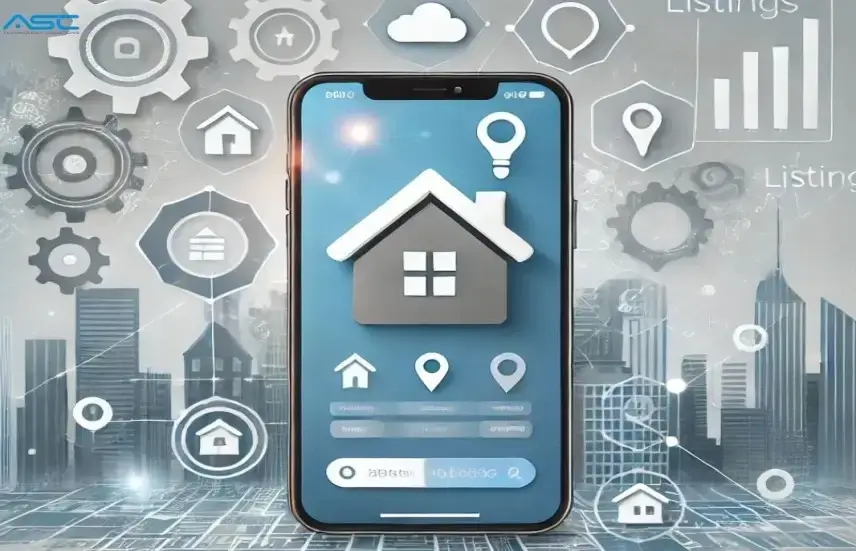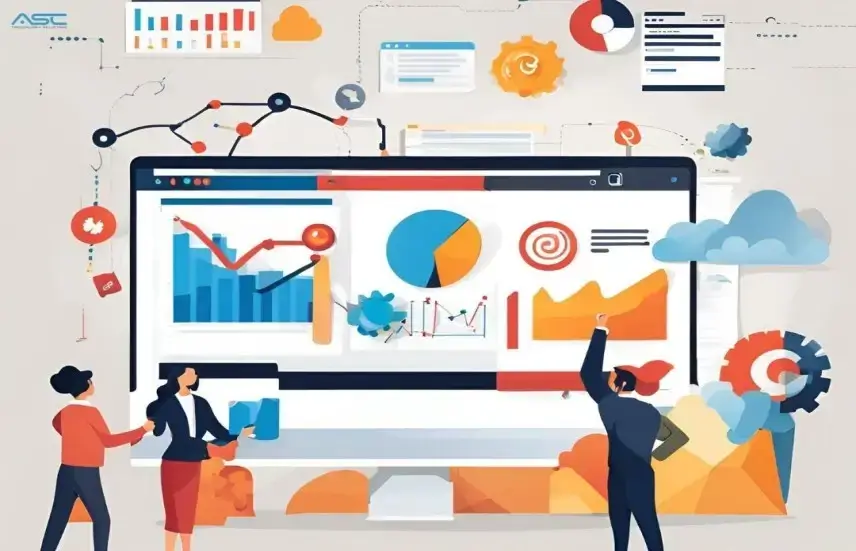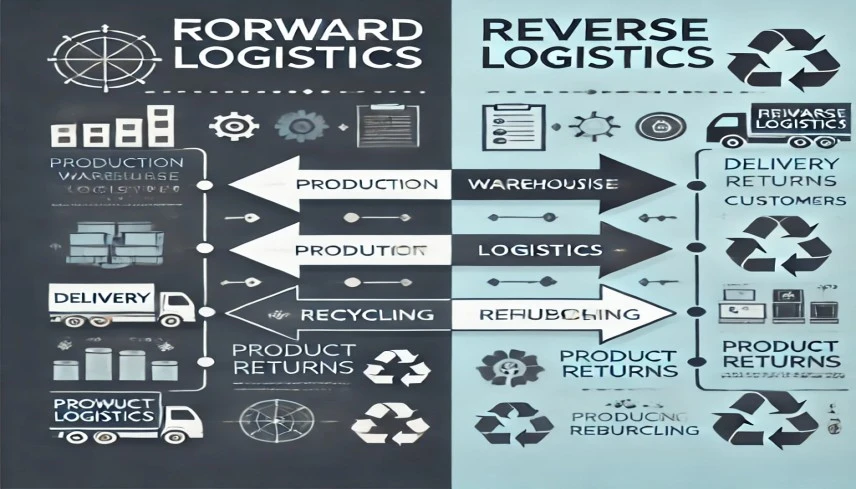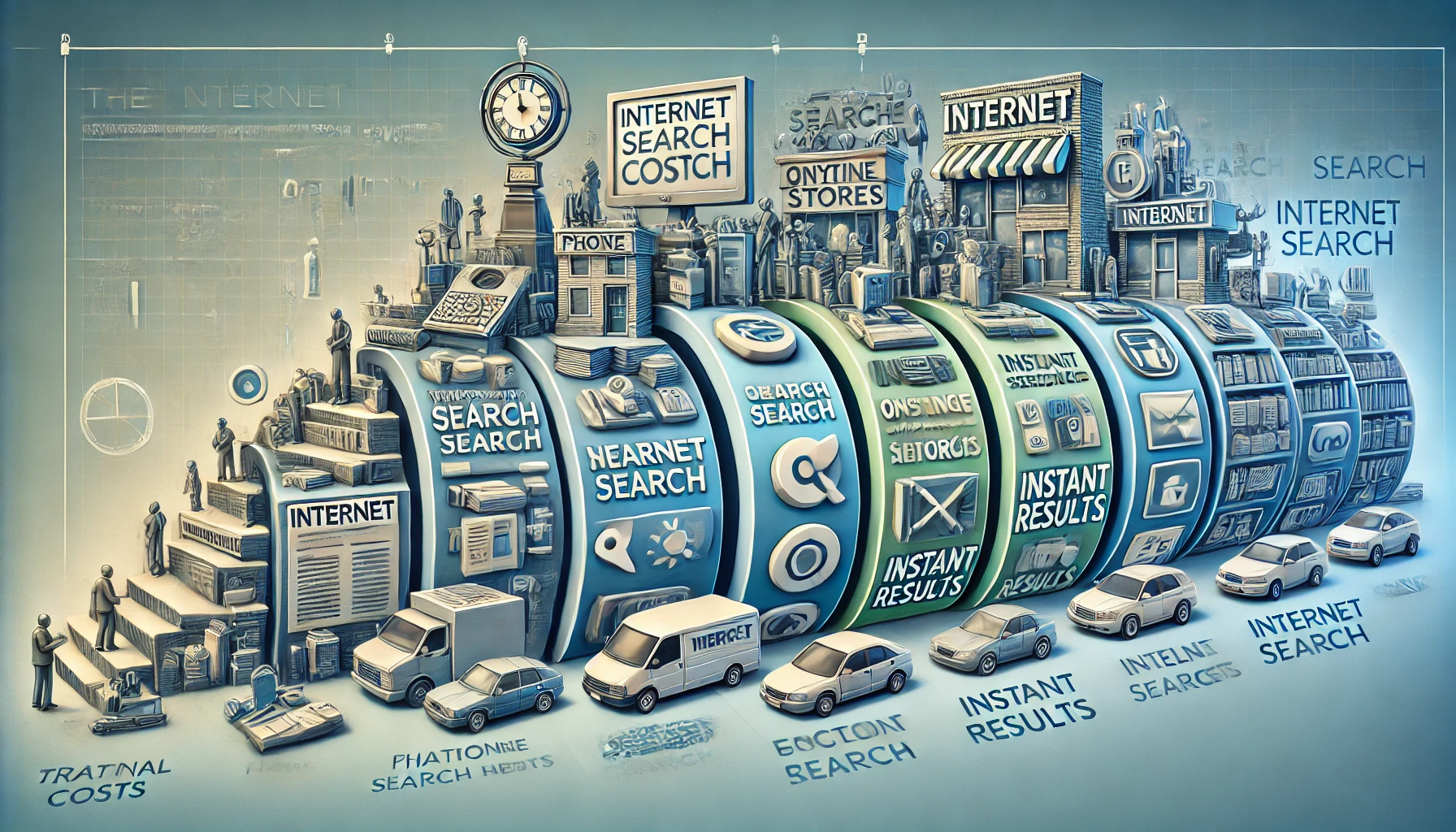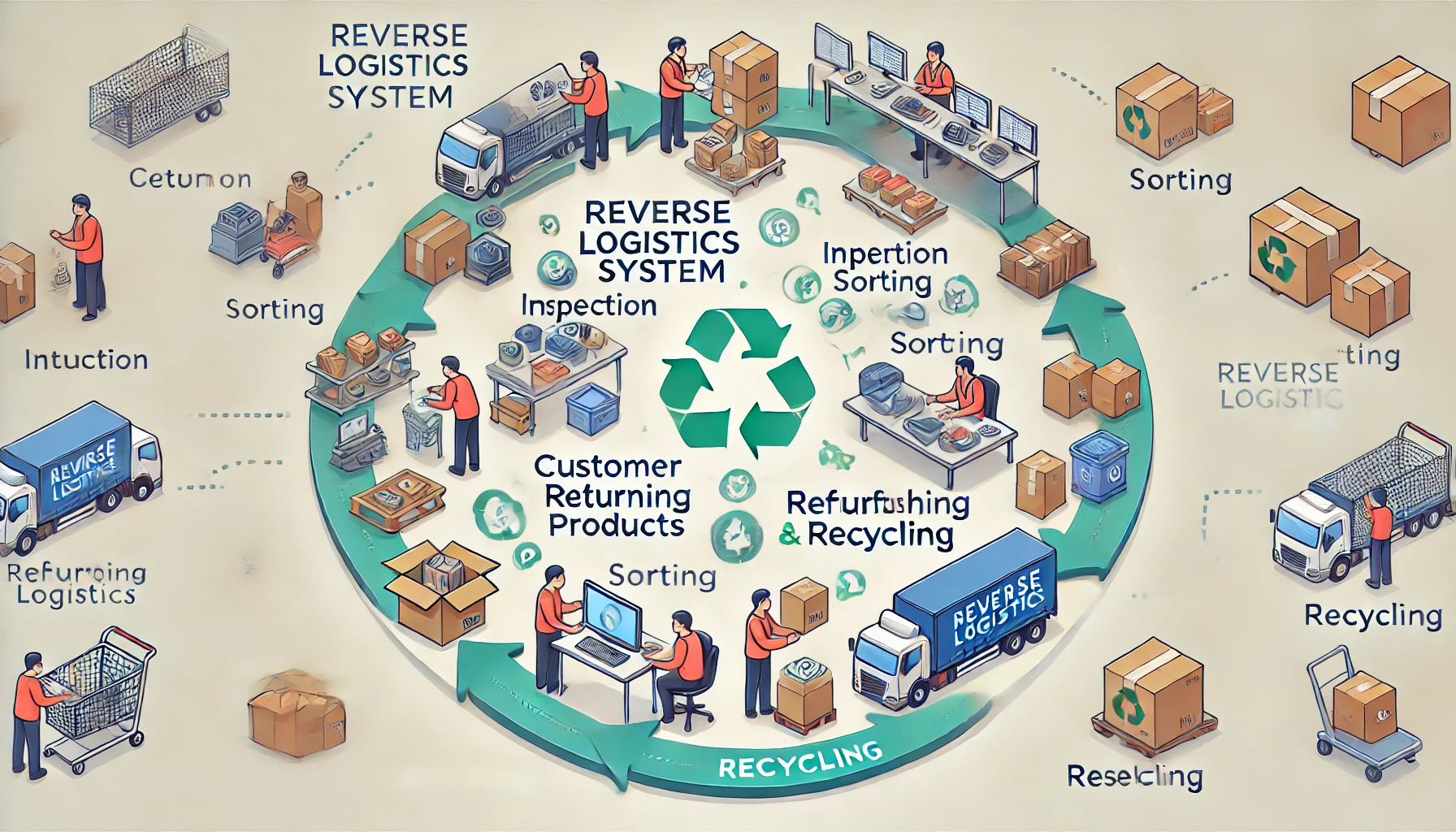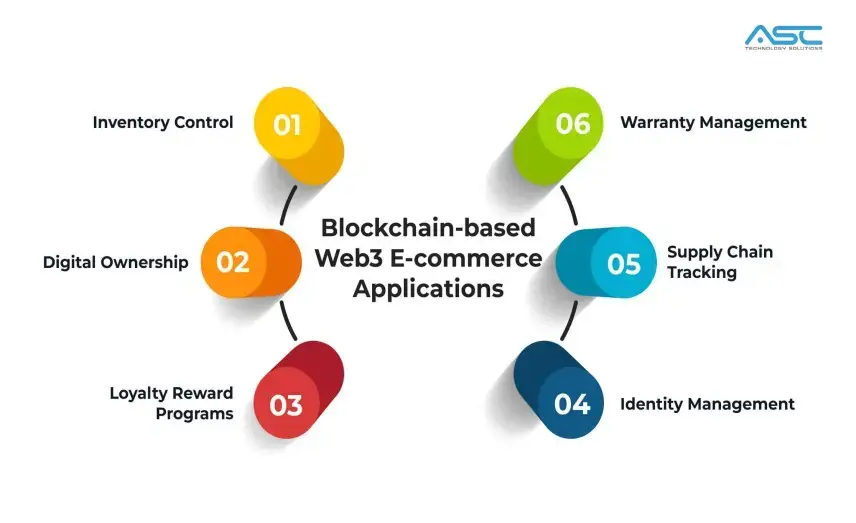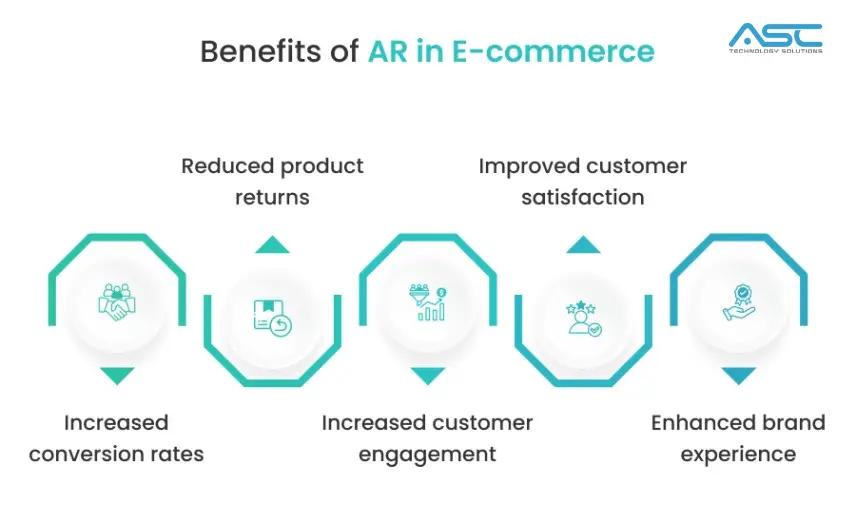Modern real estate businesses operate under the enhanced tempo of market shifts and consumer preferences. Real estate app development provides avenues for opportunity seekers, sellers, and agents through streamlined and convenient access. It does not matter if you are a person with many years of experience in real estate or if you are a startup company, that wants to change the real estate business, the technology behind your app will determine your success. This blog post focuses on one of the most important decisions a real estate business must make – selecting the right technology for their app; from comments, features, technologies stacks, and design to the sort of app which should be developed.
The Role of Real Estate Apps in Modern Business
Real estate app development has changed people’s behaviour when dealing with properties. From searching for a property to booking a virtual tour of the property, many of these apps meet the demand for efficiency. They help companies manage things and people effectively and increase customer satisfaction, and vice versa.
Selecting the right technology makes your app future-proof, adds differentiation, and accommodates required trends like AI, AR, and blockchain, among others. It also points out that the technology you choose decides the usability of your app across devices, as well as the safety of the app and whether it can offer live data to the user. With a well-planned mobile app for real estate, businesses can seamlessly connect with their customers.
Key Features to Include in a Real Estate App Development
- Property Listings and Search Filters:
Allow a user to search for properties by using selection criteria such as price, location, and type of property. This is an essential aspect of custom real estate app development. - Virtual Tours and Augmented Reality:
Offer opportunities for augmenting reality and virtual reality technologies to underpin virtual property visits. This feature elevates the value of any mobile app for real estate. - In-App Chat and Communication:
Ensure the buyers, sellers, and agents can be able to communicate freely within the app. Effective communication channels are vital in real estate app development. - Secure Payment Gateways:
Make transactions easy and secure, especially when collecting rents, or taking bookings for an agreed fee.
Technology Stack for Real Estate App Development
The technology stack refers to the core components of your app based on languages, frameworks, and tools that should be chosen to create an efficient deliverable.
- Frontend Development:
Tools such as React Native, Flutter, or Swift let you design an easy and interactive user interface. - Backend Development:
Platforms like Node.js, Django, or Ruby on Rails provide complex server-side solutions regarding the management of received data or requests from users. - Database Management:
Standard-usage databases such as PostgreSQL, MongoDB or Firebase help keep data in check and make access faster. - APIs and Integrations:
Geolocation, map integration, and third-party APIs must be used for those features that need additional functionality. These integrations form a cornerstone of advanced real estate app technology.
The Importance of User-Centered Design
Indeed, the design of our app has a major impact on user retention and overall satisfaction. Users have to stay engaged and that is done with the help of a clean interface and unproblematic navigation. Pay significant attention to the layout flexibility for your application to run smoothly across different devices and screens. It is also important to incorporate feedback loops so that the experiences may be enhanced in successive terms. A thoughtful design ensures the success of a mobile app for real estate.
Real Estate App: 5 Strategies to Future-Proof Your Practice
Technology grows fast and to stay ahead of this growth one has to consider the future trends. Integrate features that leverage emerging trends:
- Artificial Intelligence (AI):
AI should be deployed for predictive analysis, recommending the most suitable property suited for the tenant’s preferences, and conversational AI. AI also enhances the capabilities of custom real estate app development. - Blockchain Technology:
Strengthen the efficiency of transactions in the property market. Incorporating blockchain in real estate app technology fosters trust and transparency. - Internet of Things (IoT):
Integrate smart homes to ensure that the company captures the market of the clients that are using smart devices.
Conclusion
Selecting the proper technology is the foundation of a good app for real estate companies. It means that your choice of the technology stack, practical UX/UI design, and orientation on the basic features will help you not only launch an app for the given market gap but also Compared to other similar apps, yours will stand out. By striking the interaction of rapid developments and concerns for novelty, real estate app development can be of value and influence in the constantly growing field of real estate.
